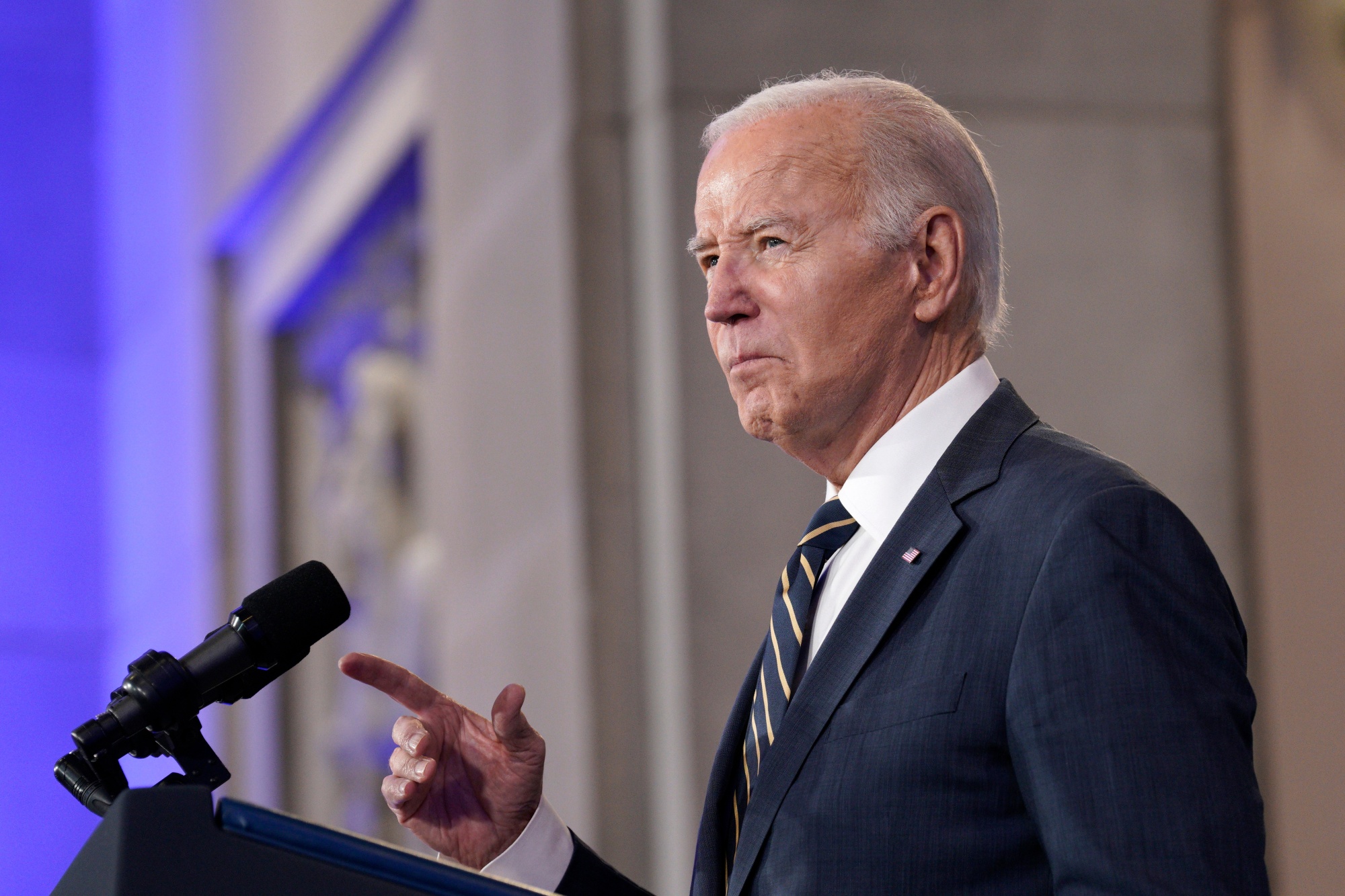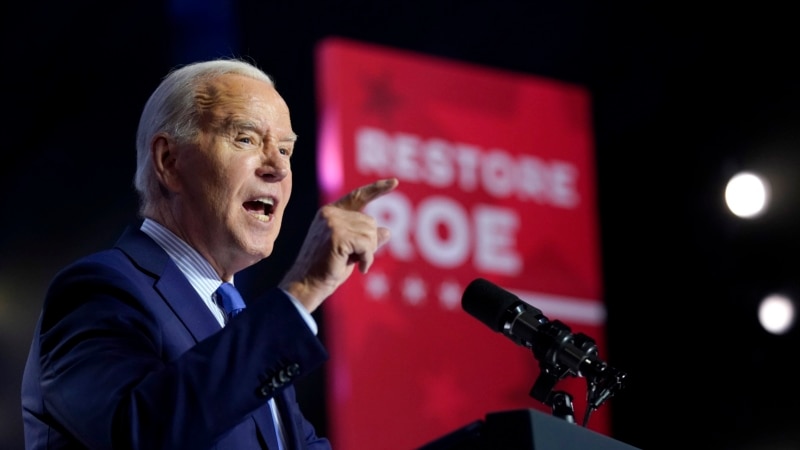The ongoing conflict in Gaza has become a focal point for numerous American voters, intensifying the pressure on U.S. President Joe Biden’s bid for reelection. Demonstrators have repeatedly disrupted Biden’s campaign events, expressing their displeasure with his backing of Israel’s military actions.
During a recent labor union event on Wednesday, protesters briefly interrupted Biden’s speech. A Tuesday rally in Manassas, Virginia, also faced disruptions as 14 protesters continuously shouted during most of the president’s address. Biden acknowledged the persistent disruptions, stating, “This is going to go on for a while. They have got this planned.”
The protest on Tuesday was orchestrated by Die-In For Humanity, a 700-member group that has made nearly 100 appearances at Biden events, the U.S. Capitol, administration members’ residences, outside the Israeli Embassy, and at the January protest in Washington.
Hazami Barmada, the lead organizer of the group, highlighted a growing sentiment among Americans, saying, “I think the majority of people are not OK with American tax dollars being used to commit atrocities overseas.” Barmada emphasized the shift in public opinion, indicating a rejection of Biden’s stance and urging him to listen to the voices of the Arab American community advocating for an end to injustice and atrocities in Gaza.

The White House responded on Wednesday, stating that President Biden supports Americans’ right to peaceful protest.
John Kirby, the National Security Council’s strategic communications coordinator, reiterated the president’s belief in Israel’s right to defend itself against the ongoing threat from Hamas. However, Kirby emphasized the need for a stronger focus on minimizing civilian casualties and facilitating aid.
Political analysts note that while foreign policy typically doesn’t heavily influence elections, it can make a difference in tight races. Some voters, like Isaac Geer from New Hampshire, expressed their concern over foreign policy, stating, “The biggest thing I’m voting for this election season is foreign policy.”
As for former President Trump, his plan to address the Gaza crisis remains unclear, and his past actions, including a criticized “ban” on Muslim immigrants, raise questions about his approach. Muslim activists, faced with a stark choice, express their concerns over Biden’s actions, with some pointing to the impact of policies on their communities.
In the midst of these challenges, analysts suggest that Biden finds himself in a delicate position. While he initially navigated the Gaza issue adeptly, recent developments, including a potential distancing from Israeli Prime Minister Benjamin Netanyahu, may pose challenges to both Arab American voters and pro-Israel supporters.
Carolyn Presutti reported from Nashua, New Hampshire, and Patsy Widakuswara contributed from Washington.
